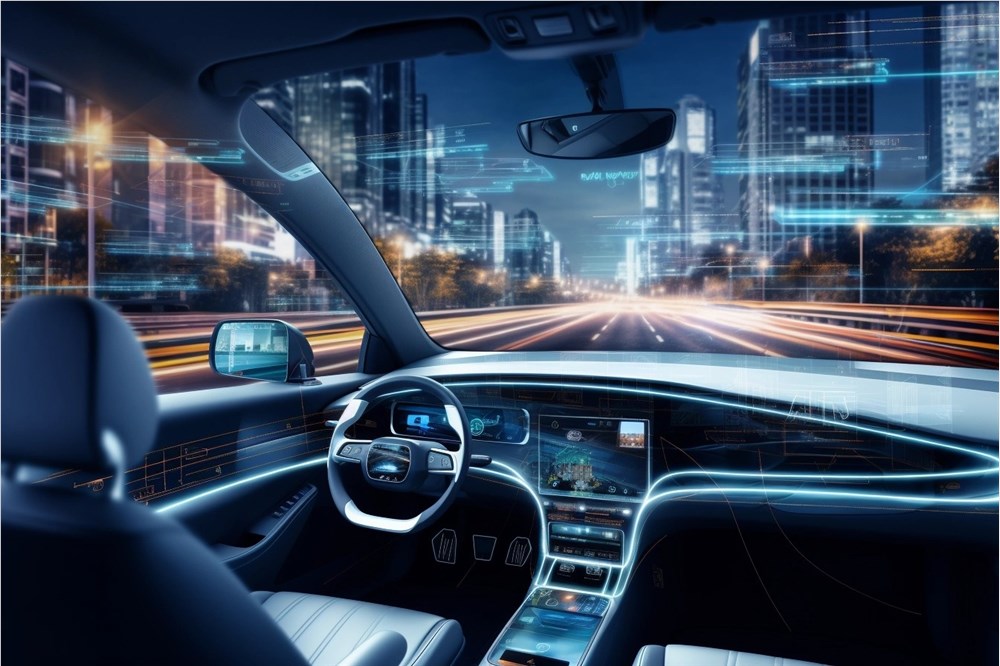After Trump's election as U.S. president, his administration is expected to relax regulation of self-driving cars, a news that has attracted strong attention from the market for the autonomous driving industry, especially Tesla. Tesla CEO Elon Musk actively promotes the "robot taxi" service and compete fiercely with competitors. The market generally expects that the regulatory relaxation will be beneficial to Tesla, causing its stock price to rise.
Tesla's shares rose more than 5% on Monday as the Trump administration is expected to relax regulations on self-driving cars. Tesla CEO Elon Musk has been actively promoting the launch of its "robot taxi" service, aiming to compete with competitors such as Waymo, a subsidiary of Google's parent company Alphabet. The market is full of expectations for the Trump administration's intention to lower the regulatory threshold for self-driving cars, and investors are excited and buy Tesla stocks.

Image source notes: The image is generated by AI, and the image authorized service provider Midjourney
Trump's transition team is reportedly planning to form a new member of the Department of Transportation, hoping to develop new policies for the regulatory framework for autonomous vehicles. However, it remains uncertain whether the Trump appointed personnel can fully liberalize these restrictions, as any major policy changes require bipartisan support in Congress.
Despite this, Musk's close relationship with Trump undoubtedly provides favorable conditions for him to fight for looser regulation. At present, Waymo has already occupied a place in the field of autonomous taxis, and GM's Cruise's momentum has weakened significantly after a major accident. To succeed in this competitive market, Musk showed off his steering-free "Cybercab" prototype, trying to show the public the cutting-edge technology of Tesla in the field of autonomous driving.
However, safety issues remain an important obstacle to advancing autonomous driving technology. For example, the National Highway Traffic Safety Administration (NHTSA) has set a cap on the number of self-driving cars deployed, with a proposal of only 2,500 vehicles currently stagnating in Congress. This means that the Trump administration must act cautiously when seeking policy support for Musk, especially on security issues and public acceptance.
Overall, the Trump administration's future policies will have a profound impact on the autonomous driving industry, especially Tesla's market prospects are closely linked to it.
Key points:
Tesla's stock price rose as the Trump administration is expected to relax regulation of self-driving cars.
Tesla CEO Musk has a close relationship with Trump and his chances of seeking policy support have increased.
The promotion of autonomous driving technology faces challenges of safety issues and congressional support.
In short, although the Trump administration's expectations of relaxing self-driving car supervision have brought positive benefits to companies such as Tesla, issues such as safety and congressional support are still huge challenges on the development of autonomous driving technology, and future development still exists. Determinism.